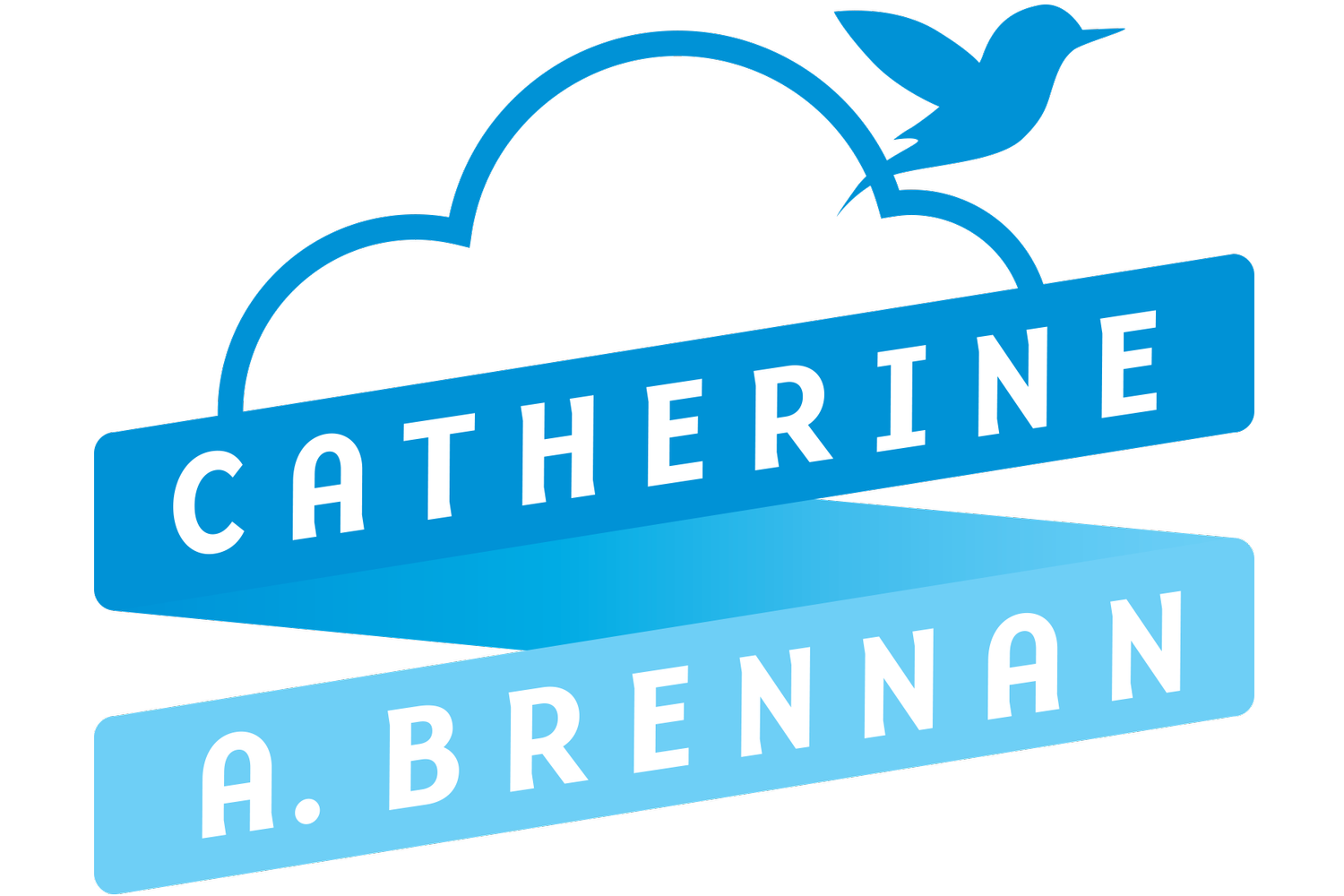What do you do when you get cut off in traffic?
Not taking it personally means wondering what kind of day the other driver is having.
What do you do when a close neighbor describes your children’s school as substandard?
Not taking it personally is being confident in your assessment of the school as good. You don’t feel a need to put down their opinion or be defensive.
What do you do if a friend tells you that you are treating them poorly?
Not taking it personally is being curious. You ask further questions weighing your friend’s perspective against your own. You don’t feel bad about being corrected.
But life can get much more uncomfortable than these examples.
How do you handle it when someone you trust breaks a confidence and tells someone else about your struggles?
What if a close relative lobbies to pit other family members against you?
How can you not take it personally if a co-worker gossips about you, a friend lies to you, or your spouse cheats on you?
Is it possible to not take it personally?
It is.
Describe the Habit of not taking it personally
The first part of not taking it personally is to understand that whatever another person says or does is a reflection of their unique point of view. Someone who lies to you is doing it from their own sense of understanding or morality, not yours. A gossip feels free to share information about another, even if you wouldn’t. And a cheating spouse? Their internal dialogue is making it OK for them to be unfaithful to you instead of facing their own challenges.
As much as it may seem unfathomable, it’s not about you.
Not taking it personally means understanding that each person on this planet is an individual and can think, feel, and choose as they wish. We take things personally when we believe that others should think and feel like we do about the world.
Taking things personally steps into the world of codependency. I have spent years being codependent with others, and I know the trap all too well. There are no good outcomes to this behavior. Being codependent is believing that you somehow control other people.
You don’t.
Not taking it personally is a habit that requires a solid sense of identity. A healthy personal identity is knowing who you are and not apologizing for it. It’s the perfect blend of self-worth and self-acceptance. A person with a healthy identity knows what they’re good at and what they’re not.
A healthy identity also includes having personal boundaries with others even when it exposes differences. It’s being yourself instead of going along with the crowd. To do this, you need self-awareness, self-confidence, and self-love. A healthy identity doesn’t need other people’s approval for what to do, how to look, or what to value.
Not taking it personally also requires a healthy dose of humility. A person with humility knows that sometimes the observations of others are correct. There are times when you can’t see yourself clearly. It’s being open to personal improvement. A person with humility is OK learning from others and isn’t afraid to admit when they’re wrong.
The opposite of humility is a strong ego. If it’s too strong, our ego will always defend itself as correct and make others wrong. This leads to taking things personally and creates trouble in relationships.
How can you create the habit of not taking it personally?
Here are six ways to create the habit of not taking it personally.
Become aware of things you may be taking personally. Start with small things like getting cut off in traffic, being easily offended by strangers, getting angry at opposing sports teams’ fans, or defending your music preferences. Ask yourself what’s at the root of your negative emotions. Instead of blaming someone else, admit you’re taking something personally. Then work to separate their opinion from yours.
Become aware of your ego. Is it too big? Do you consider yourself the master of all truth and understanding? Open yourself to a greater perspective. Accept that you may not know it all.
Form a solid sense of identity. Taking things personally is a sign that your sense of identity is flimsy. Become aware of your own feelings and thoughts. Instead of focusing on what’s bothering you about them, figure out why you aren’t confident with your own opinions.
Embrace people’s comments with humility instead of defensiveness. Accept that you’re one part of an enormous tapestry of human thought, feeling, and perspective. Welcome the benefits and ease of living in this expanded way of thinking.
Surround yourself with positive people who are supportive. If you do, there’ll be fewer cases where stinging personal attacks will challenge your ability to not take things personally. Stay away from overly negative or critical people.
Take care of yourself physically, mentally, and spiritually. The strength you gain from a healthy body, mind, and spirit will allow you to take on what may seem like a personal attack with strength and grace.
Why is it good Habit to not take it personally?
It’s an easier way to live when you don’t take things personally. Instead of spending negative emotional energy defending your position, trying to make others wrong, or fuming with anger, you’ll feel acceptance, compassion, and have a bigger perspective.
If you have a habit of not taking it personally, you can accept others for who they are. You’ll be a more kind and accepting person. You can allow others to be themselves instead of being unhappy that they’re not a mini version of you.
Not taking things personally will develop a more solid identity. You'ill gain confidence from the acceptance of others as you observe differences without reacting to them.
When you don’t take things personally, you act with humility. Not only is this good for you, it’ll build strong relationships, make you more successful in your career, and allow you to live a happier life.
Forgiveness is one of the most difficult things to do but is also a super-power. When you don’t take things personally, you’re able to practice forgiveness and not be stuck in its negative energy.
Make a Habit of Not Taking it Personally
If you would like me to come speak to your organization about Healthy Habits, contact me at cathy@lookfeeldobetter.com. I look forward to hearing from you!




